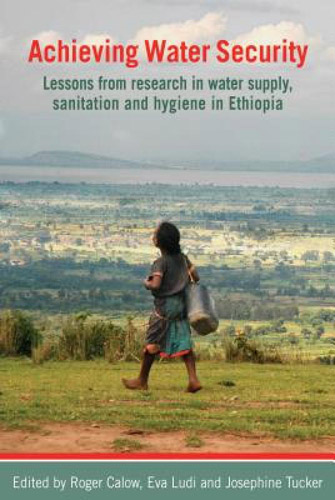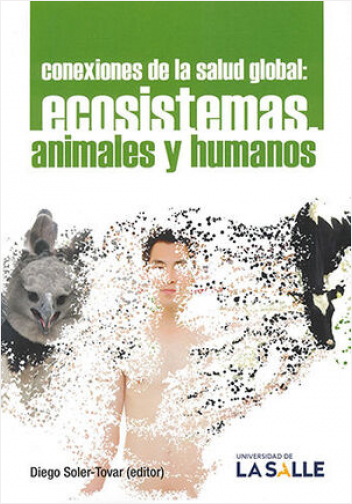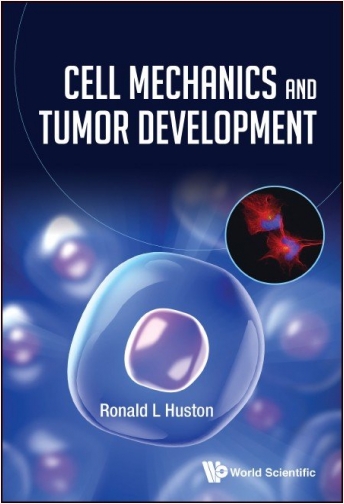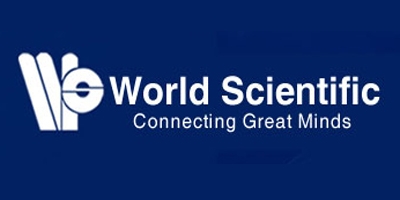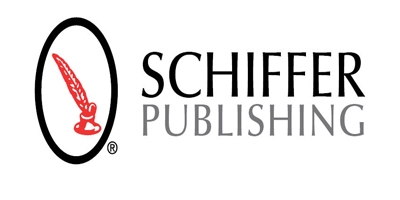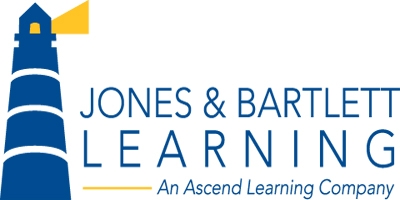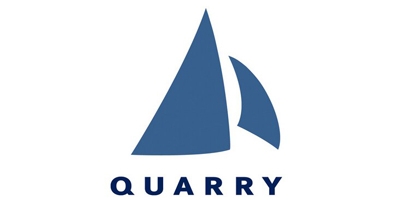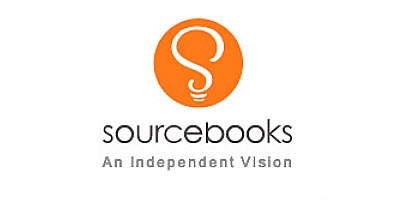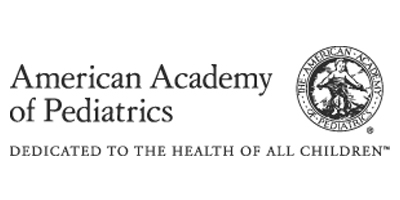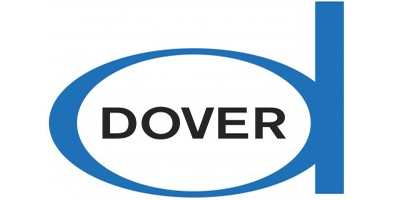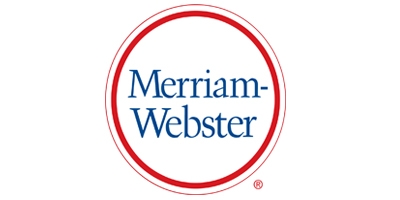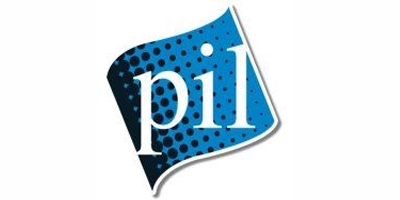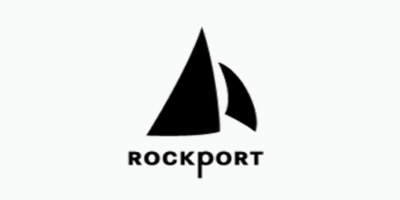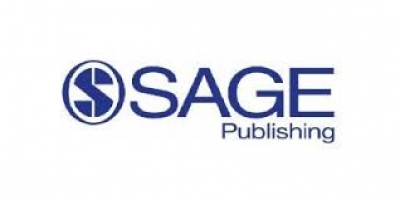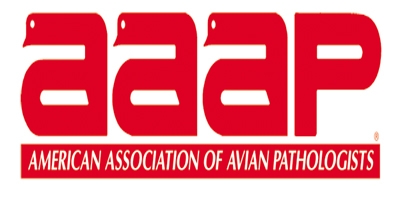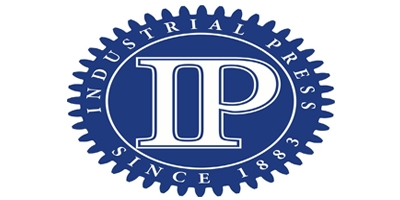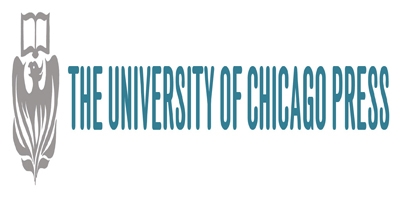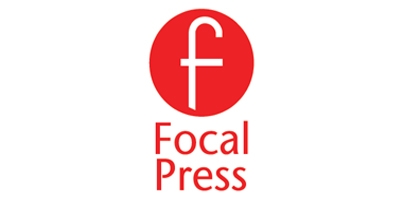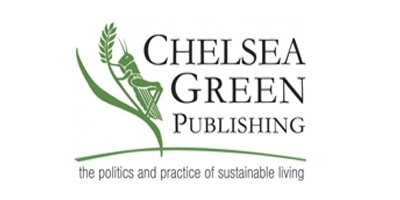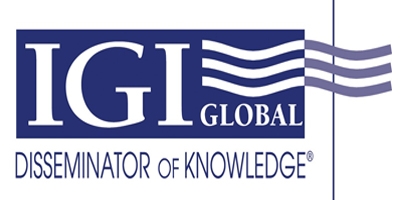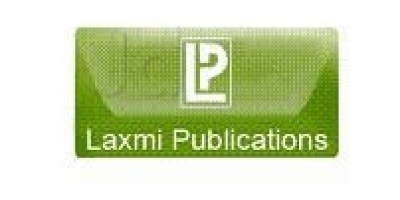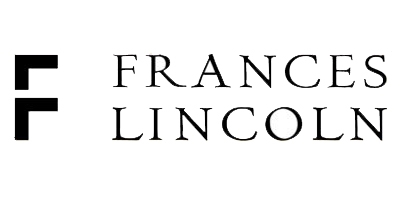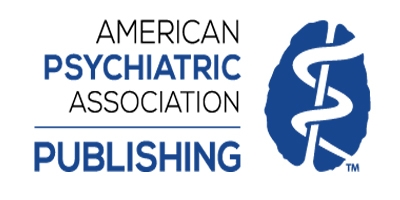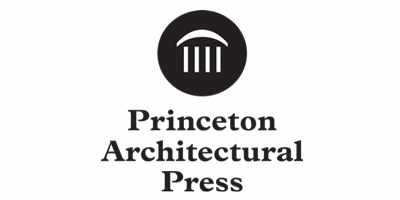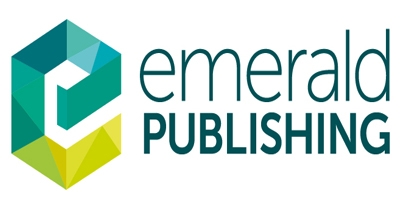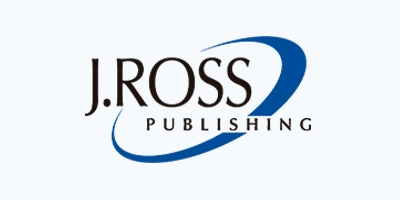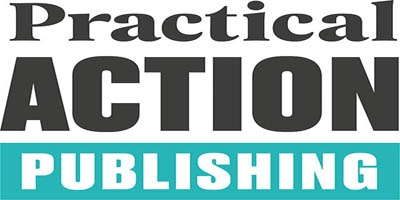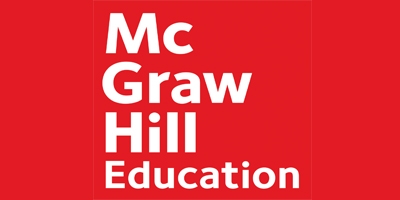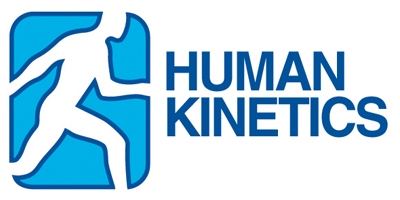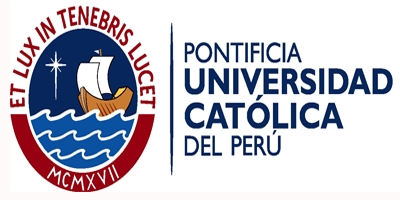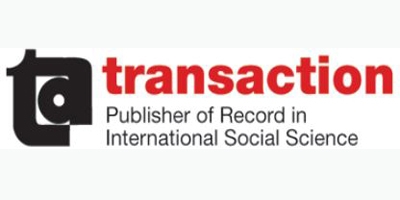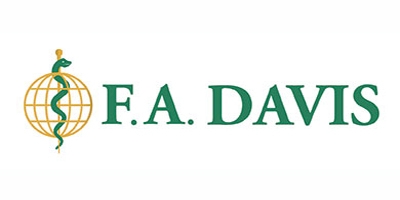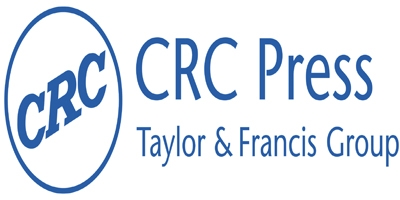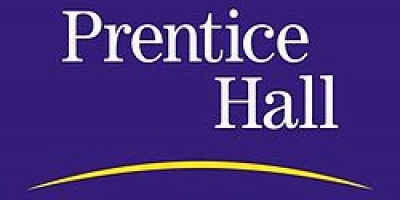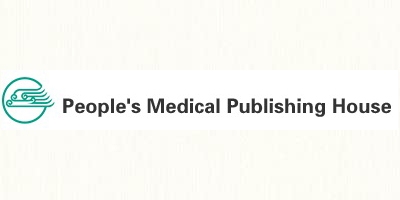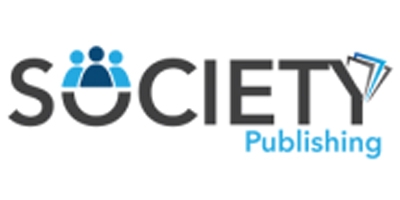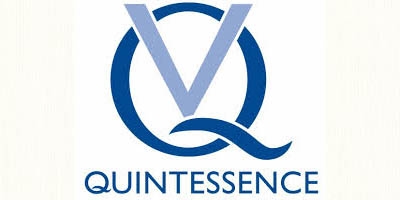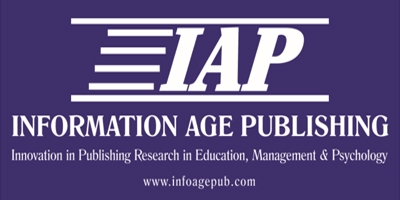Disponibilidad:
Notas:
Editorial: Practical Action
- Item #: 58
- Edición:
- Isbn : 9781853397646
- Año: 2013
- Páginas: 276
- Pasta : blanda
$839.00
While achieving water security remains an elusive goal across large swathes of sub-Saharan Africa, the benefits of investing in water, sanitation and hygiene to achieve basic water security and alleviate poverty are clear. Households benefit through a range of health, educational, nutritional and broader livelihood impacts; local, regional and national economies benefit from greater economic activity, spending and investment; and over the longer-term, households and economies benefit through greater resilience to climate change and shocks. So why are governments and their development partners struggling to meet water and sanitation targets? What factors make it difficult to sustain services at scale? And how can policies and plans for delivering and sustaining services for poor people be strengthened in the face of multiple pressures, including climate change?
This book, the outcome of a five-year research program in Ethiopia, addresses these questions head-on. Based on extensive field research and in-depth interviews, Achieving Water Security draws conclusions for policy and practice of relevance not just for Ethiopia, but for sub-Saharan Africa more widely, linking findings with current international debates on service delivery in rural areas. The book also discusses how research findings can be fast-tracked into policy and practice through an innovative action research approach based on learning and practice alliances, aimed at bridging the gap between researchers and decision-makers.
As well as detailed field-based research, the book draws on wider analysis of the institutional and political factors that drive or constrain sector progress, offering real insight into the political economy of reform and the hidden incentives that shape decision-making. Findings from the action research project are presented and discussed in the context of this broader landscape.
This book should be read by the staff of government agencies, donor organizations and NGOs, as well as academics, students and researchers involved in the water, sanitation and hygiene sector.
#biblioinforma #Grupobiblioinforma
